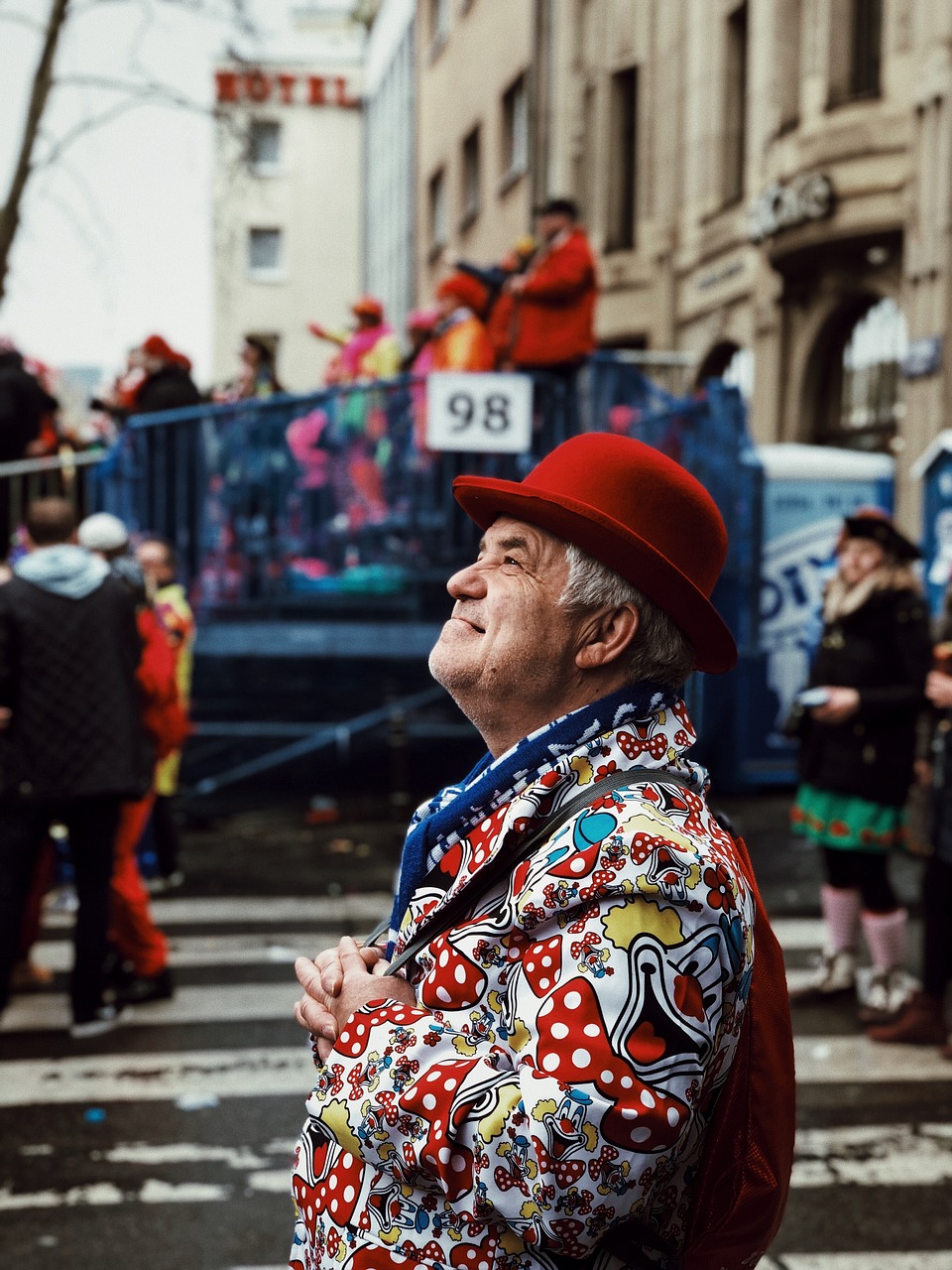Discovering Germany – Immersing Yourself in the Culture, All Year Long
When you first arrive at our in-country EURASIA program, it is understandable to experience a bit of culture shock. However, as you dig a little deeper, there are aspects of the German culture that may surprise you.
Germans may be known for their careful, reserved lifestyle, but when it comes to holidays, Germans certainly know how to celebrate! No matter when you arrive in Germany, there are many opportunities to explore the culture through festivals and holidays that happen throughout the year. If you are trying to get more involved in the German lifestyle, you might want to add these events to your itinerary.- January: Berlin Fashion Week A major event in the fashion industry, attracting designers and fashion enthusiasts from around the world. (It occurs for a week in July, too!)
- February: Karneval/Fasching/Fastnacht (Carnival) Celebrated with parades, parties, and costume balls in cities like Cologne, Düsseldorf, and Mainz.
- March: Starkbierfest (Strong Beer Festival) Held in Munich, this is a smaller, more local version of Oktoberfest, focusing on strong beers brewed for Lent.
- April: Walpurgisnacht (Walpurgis Night) On April 30th, people in the Harz Mountains celebrate with bonfires and parties to ward off evil spirits.
- May: Hafengeburtstag Hamburg (Hamburg Port Anniversary) A huge maritime festival celebrating the port of Hamburg with ship parades, fireworks, and live music.
- June: Kieler Woche (Kiel Week) The largest sailing event in the world, held in Kiel, featuring races, maritime exhibitions, and concerts.
- July: Bayreuthfest (Bayreuth Festival) A month-long festival dedicated to the works of composer Richard Wagner, held in Bayreuth.
- August: Rheinkirmes (Rhine Fair) One of the biggest funfairs in Germany, held in Düsseldorf, featuring rides, games, and beer tents.
- September: Oktoberfest (October Festival) The world’s largest beer festival, held in Munich, attracting millions with its beer tents, traditional Bavarian music, and hearty food.
- September: Berlin Marathon An internationally renowned marathon that takes runners through the historic streets of Berlin.
- October: Tag der Deutschen Einheit (Unity Day) Celebrated on October 3rd, marking the reunification of Germany with various events and festivities.
- November: JazzFest Berlin One of Europe’s leading jazz festivals, featuring performances from international artists.
- December: Weihnachtsmärkte (Christmas Market) Found in almost every city and town, these markets offer festive food, drink, crafts, and holiday cheer. Notable markets are in Nuremberg, Dresden, and Cologne.
- And finally, of course, there is Silvester (New Year’s Eve) Celebrated with fireworks, parties, and traditional customs like eating Berliner (a type of donut) and watching “Dinner for One” on TV.
These are just some of the many festivals that take place throughout the year in Germany, each offering a unique glimpse into the country’s rich cultural traditions. Grab a few friends and remember that the journey of a German education is not just about the diploma: it is about the cultures and experiences you discover along the way.
EURASIA: Your Trusted Academic Guide
While embarking on an academic journey in a foreign country may seem scary, EURASIA is here to support you from day one. We have the expertise and experience to guide you through the entire process, from initial applications to visa requirements. With EURASIA by your side, you can embrace this new adventure with confidence.
